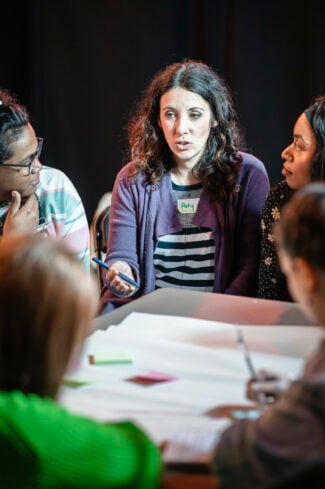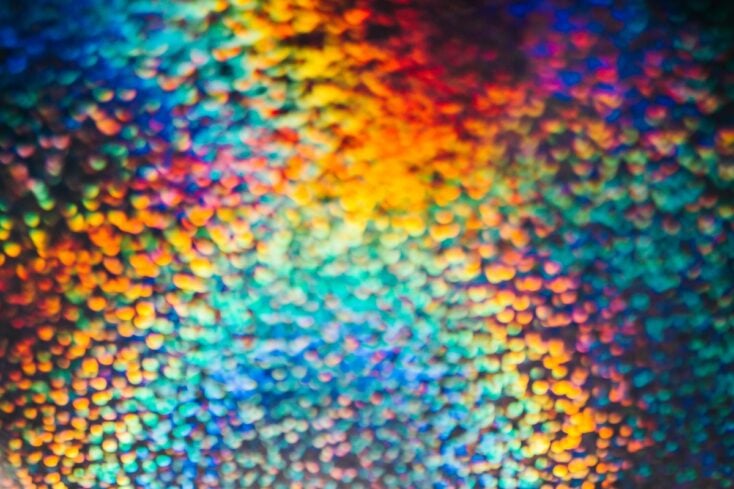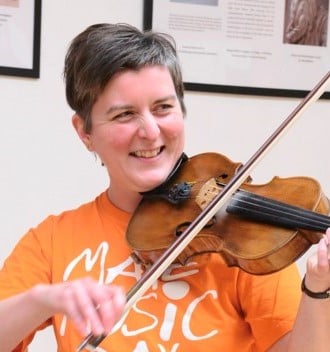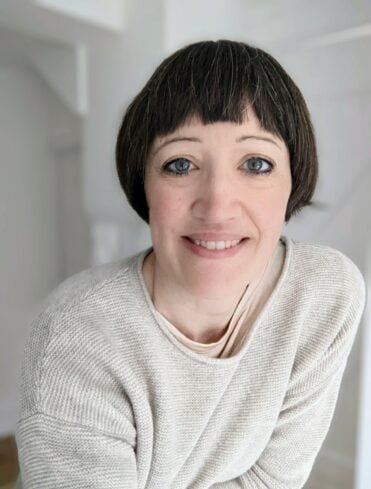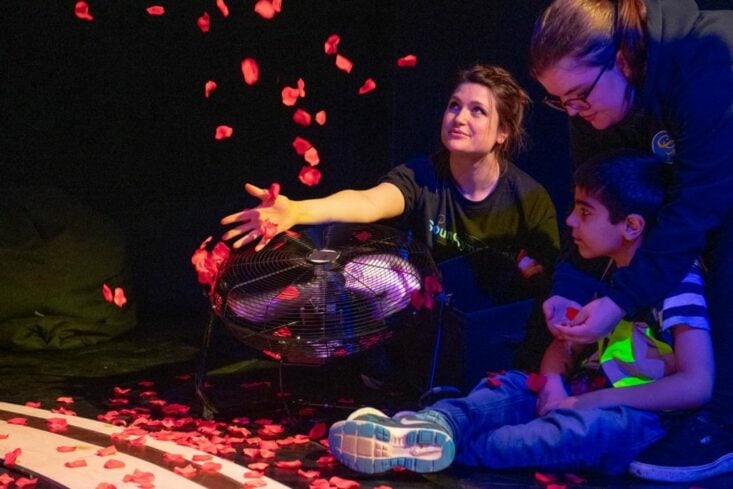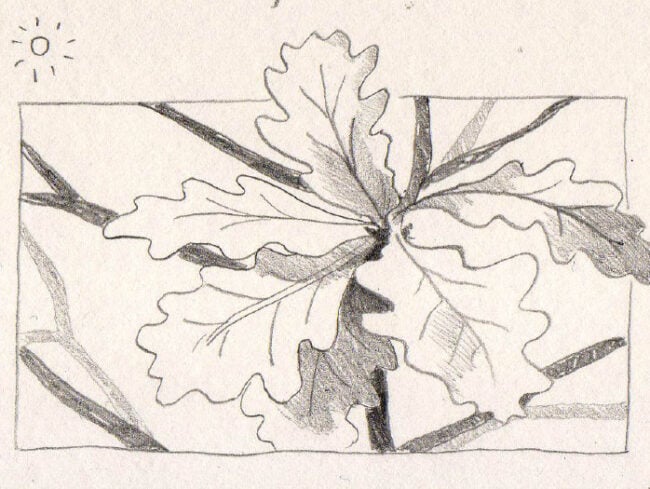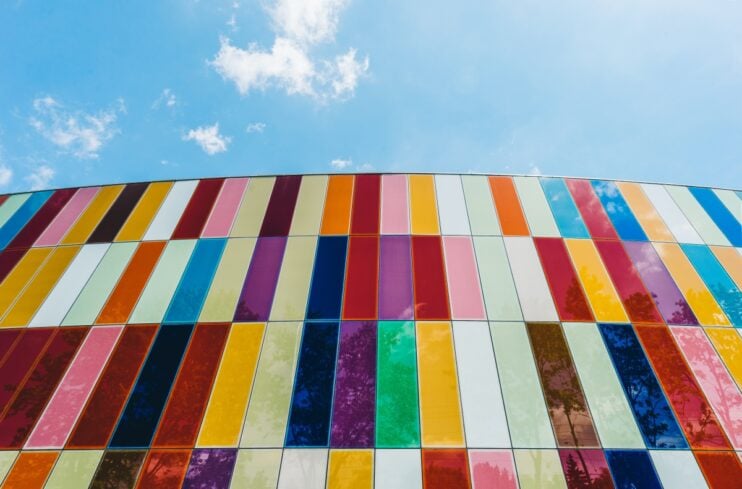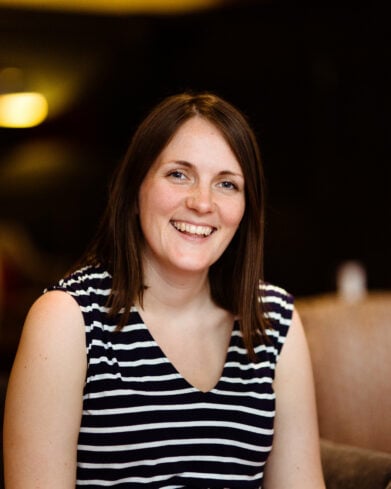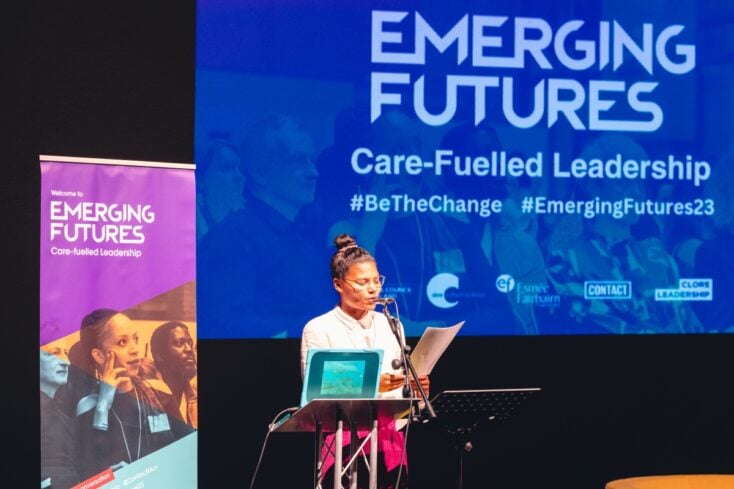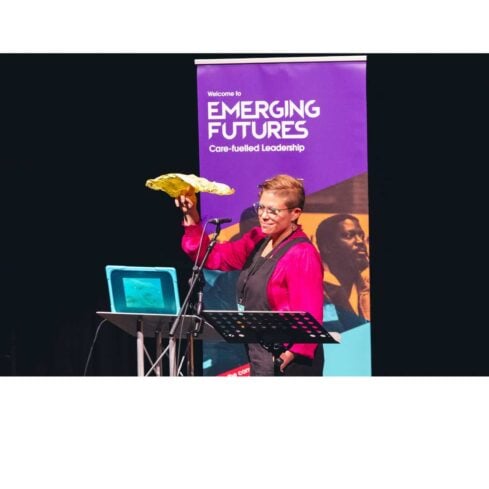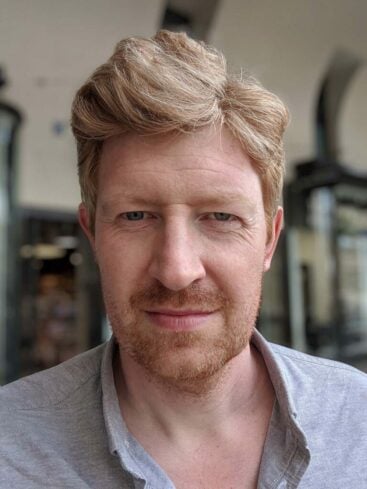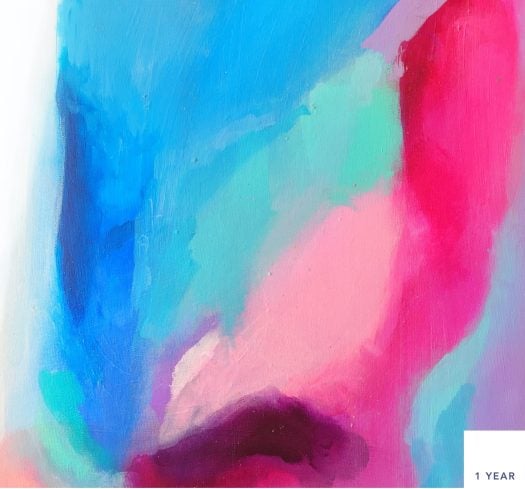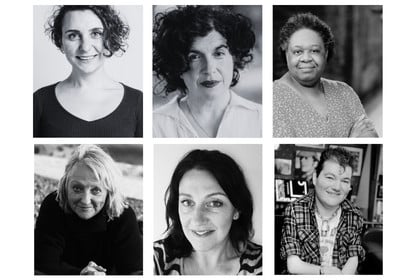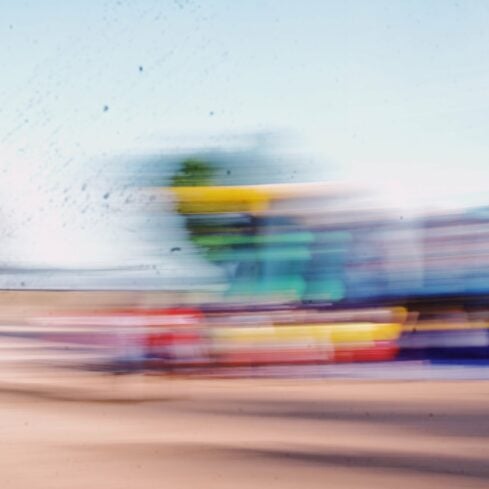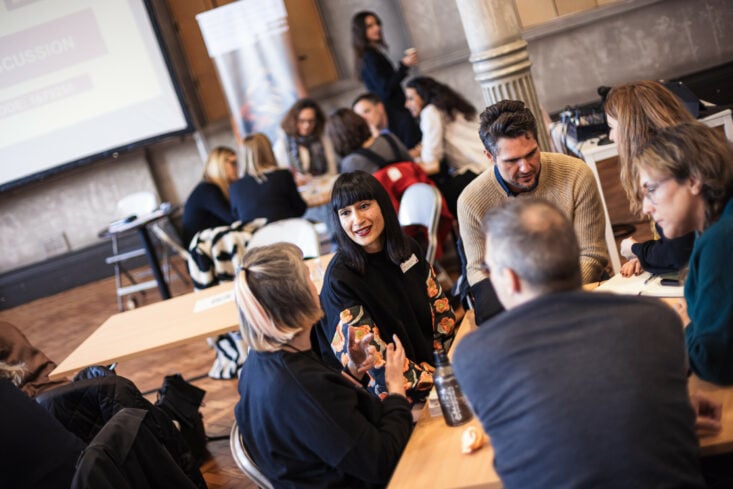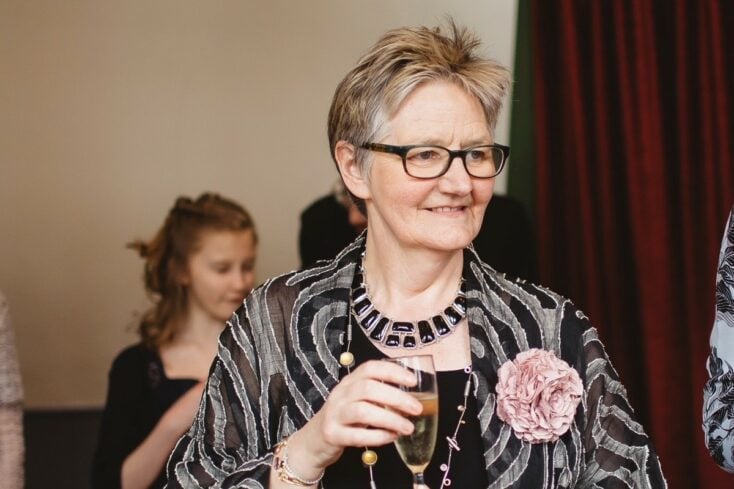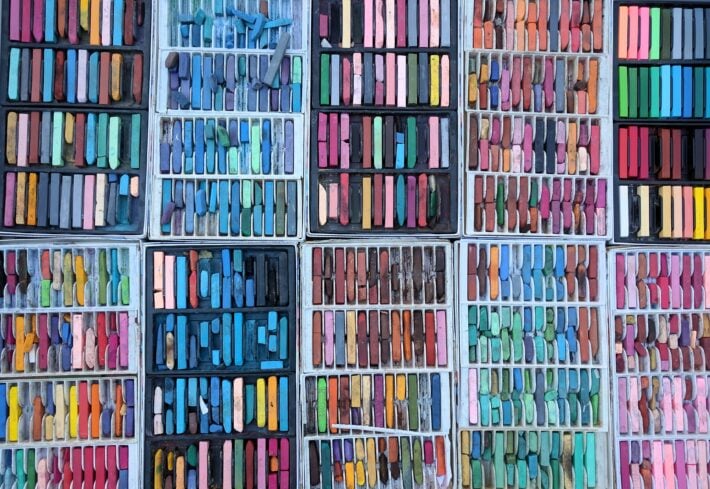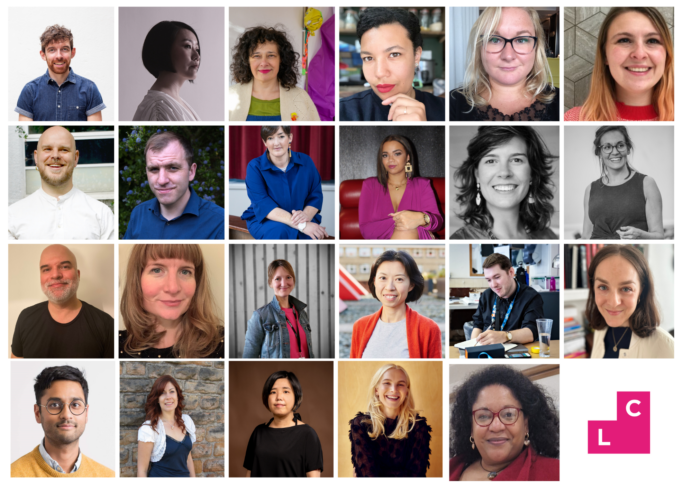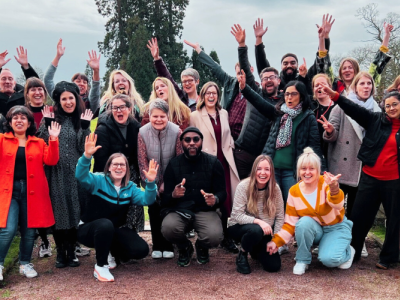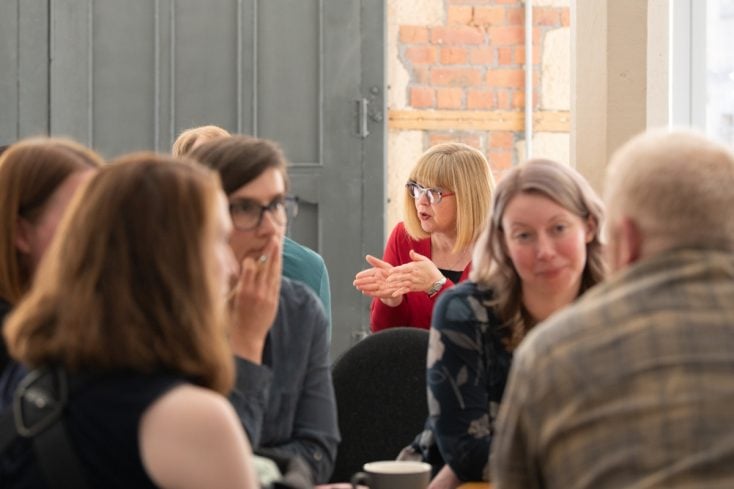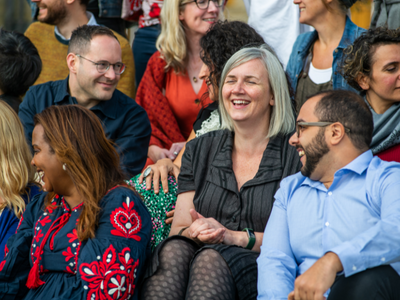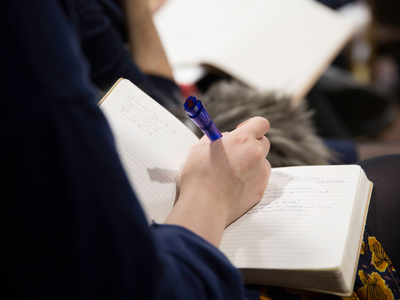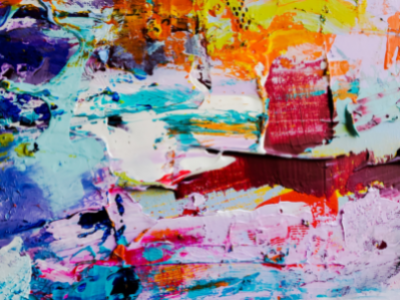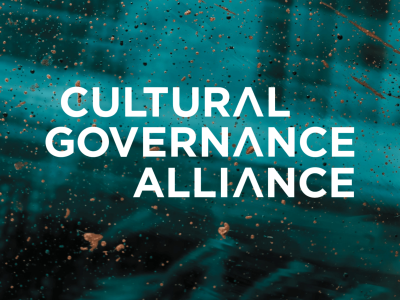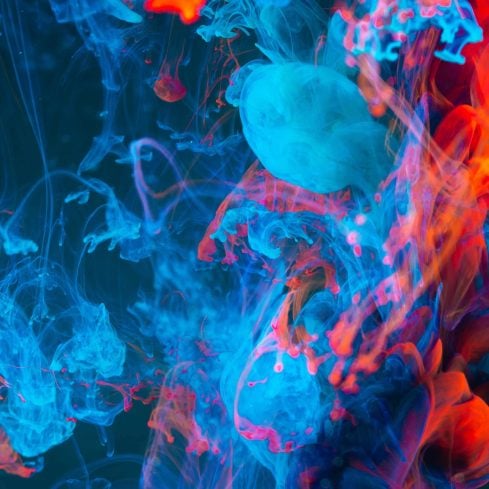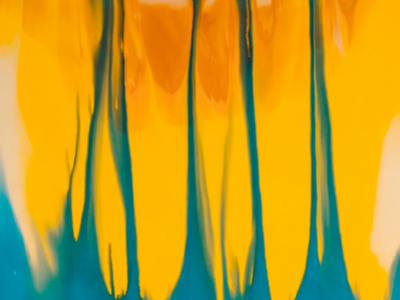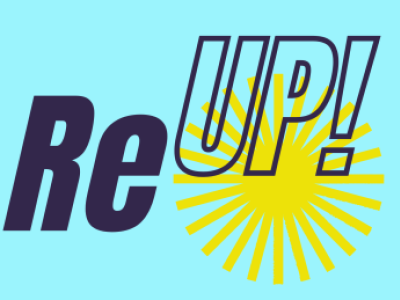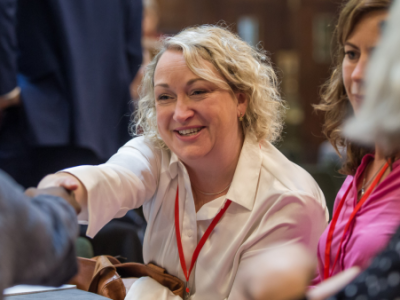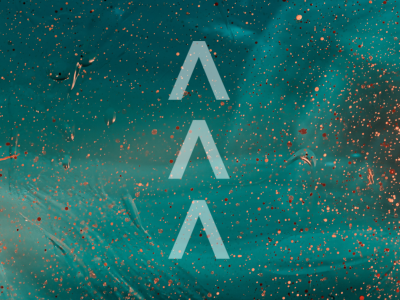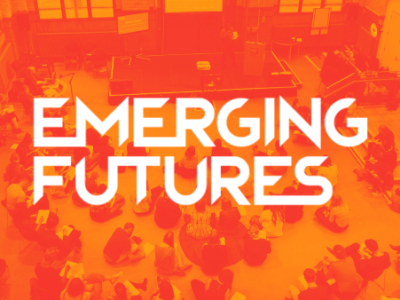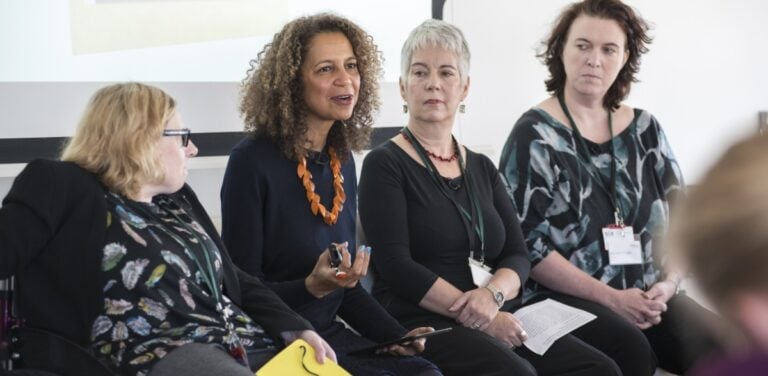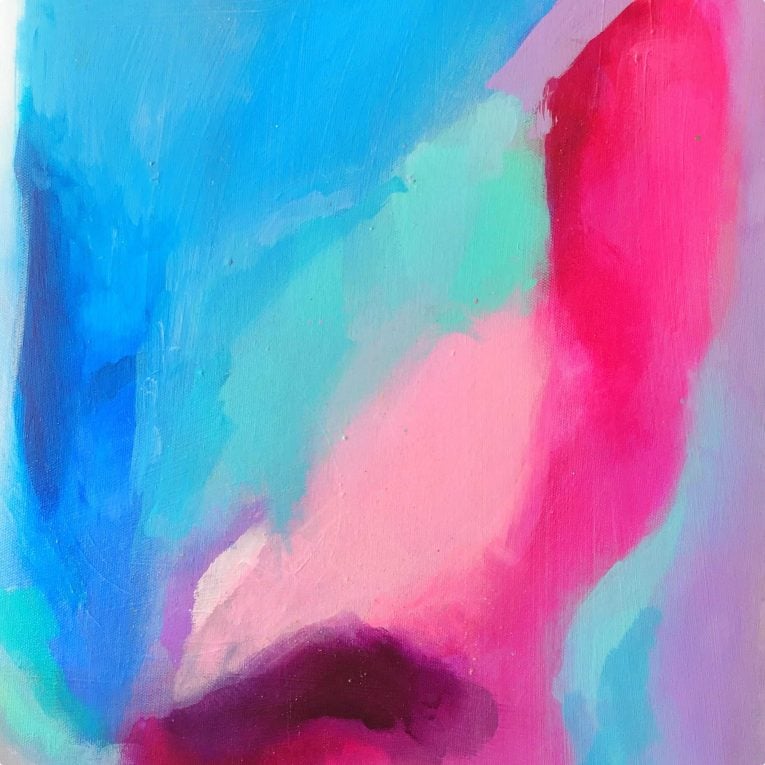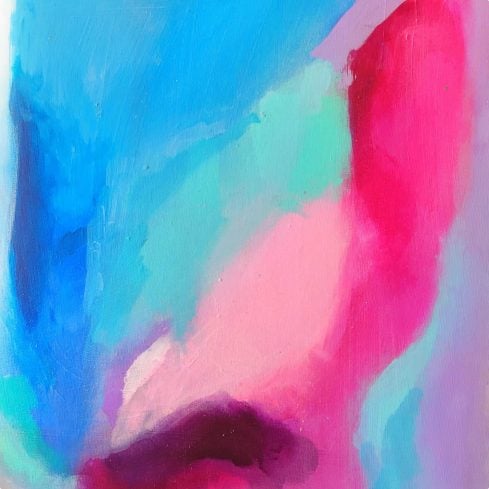Holding Your Space
Notes on the Holding Your Space workshop June 2020, by Gaylene Gould, June 2020.
Hold both hands in front of you and clench your fists.
Gaylene Gould
What do you experience?
What feelings are evoked?
The week of 25 May was traumatic for Black people. George Floyd killed by a white American cop in full view of the world violently exposed a painful wound that went far beyond issues of state sponsored violence and straight into the heartlands of Culture. After all, if Culture was doing its job, anti-black racism would no longer exist.
Culture got busy. Organisations blinked in the glare of the exposure. Rapid solutions were reached for, hands wrung, proclamations made and screens blackened. In the midst of all the turbulence, stood the Black cultural workers themselves, exhausted, spotlit and many marooned within white environments.
The Black body isn’t unaware of trauma as somatic therapist Resmaa Menakem points out. Such feelings of overwhelm are a result of HIPP – historical, intergenerational, persistent institutional and personal trauma. Basically trauma is not ours alone. It is collective, passed down, resides within our cultural institutions and within culture itself.
Jackee Holder, who worked with me to craft the Brilliant Routes Holding Your Space session for Black, Asian and Ethnically diverse leaders as a response to the Black Lives Matter uprisings, reminded us that our bodies also hold ancient capacities for renewal. After a lifetime of clenched fists, I felt desperate to be reminded of this potential as did the 52 others who joined us for a series of intimate workshops.
Now release your fists and let your palms face upwards.
What do you feel now?
Dr Kristen Neff a leading researcher in the science of self-compassion reminds us that compassion is not simply a form of kindness. Compassion is specifically kindness as a response to suffering. To be compassionate first asks us to acknowledge that suffering exists – others and our own. Leaders often find acknowledging suffering difficult because we automatically think it our job to quickly eradicate it. Leaders who are Black or descendants of immigrants often have a heightened sense of this role because our survival has been predicated on removing the causes of suffering. Vulnerability is too pricey. Look at what happened to George Floyd. During the workshop we shared the lessons that had been passed down to each of us and they were very similar. We must be three times as good to get half as far. We must never show what we feel and we must hide our sensitivities. They will never treat us well if we do.
Such life lessons are meant to keep us safe and, for many generations they have to an extent. However such thinking also activates our threat/defence mechanism releasing the worry drug Cortisol and the fast-twitch Adrenalin into our systems leading us to fight, fly or freeze. This very efficient drug combo is designed to get us out of the way of danger but it’s a mechanism built for obsolence. Such potent chemicals are not meant to be sustained over long periods of time. They are designed to burn out and leave us itchy-eyed exhausted adding dangerous levels of stress to our bodies and nervous system. These chemicals are also not designed for clear, expansive thinking. Under the influence, this is not the time to be writing policies.
For that we need a healthy dose of two other drugs. To create something lasting and transformative, we need the love drug Serotonin. To feel a deep sense of grounded connection we need Oxytocin. Critically, for Black, Asian and ethnically diverse people who are the Only Ones at work, who are constantly experiencing low levels of love and connection, we need a double dose.
Now place one hand gently on top of the other on your heart.
Feel the warmth of your hands, rising and falling.
What does that evoke for you?
Senator John Lewis, an architect of the American Civil Rights movement, chose this self-compassion gesture rather than the clenched fist. Eyes closed and hands over heart, he seems the picture of vulnerability.
This simple self-compassion gesture offers an instant hit of Serotonin and Oxytocin, a tiny restorative pause in the midst of tumult. Self compassion invites us to treat ourselves like a loving friend whose only care is that we’re ok. The kind of friend who, rather than a telling off, offers us a hug and a cup of tea when we ding our car. This friend doesn’t ask anything of us. She is simply there to soothe if we’re not feeling ok. This friend might notice that our shoulders are tense or we’re breathing too quickly. He might say: it’s ok. Breathe. You’re safe with me for a while.
If you’re lucky you already have a friend like this or you may well be that friend to someone else. The aim of a self-compassion practice is to raise this caring voice in yourself for yourself. We can practice self-soothing in the seconds it takes to take a breath, exhale and touch the heart – a powerful physical act that reminds us that we are human and tender.
This small act can be hard for us driven leaders. Often we are unaware that our drive comes from a place of self-criticism. Am I doing enough? This is no time for self-pity. It’s your job to fix this. This voice is often louder in marginalised people as it’s designed to keep us safe. Some days this voice can be galvanizing. On many others, it is incredibly de-energising. Do we really want to bully ourselves into action or would we rather work from a place of thoughtful intention?
Jackee Holder’s practice of therapeutic life-writing offers some powerful tools to help raise that voice in ourselves. Adapting some of Neff’s exercises, Jackee first suggests we get to know our own inner critic by thinking of a behaviour we’d like to change in ourselves then write how we might reflect on that behaviour on a bad day.
Contrary to how I might often appear, I suffer from crippling lapses of confidence at times. On a bad day I entertain a dark masochistic inner dialogue about how slow and incompetent I am. On days such as these I’d like to scuttle beneath the floorboards.
Jackee then asks us to sit quietly, close our eyes and, after placing a hand on our heart, consult our more compassionate side on the matter.
That side reassures me that all people experience lapses in confidence. As a Black woman who is led by her curiosity to try new things, feeling “out there” is to be expected and I could try being gentle with myself in those moments.
My harsher side would force me to push through such weak feelings, to overwork, become controlling. My self-compassionate side invites me to do the opposite – ease off, notice more, take time.
In coaching, holding space is the art of being open and creating a trusting, non-judgemental, generous and listening environment so others can hear themselves. Holding our own space is creating this environment for ourselves. So, for example, if you’re called on to help fix a deep-seated and complex issue like racism overnight while you’re already grieving, you might take a breath, place a hand gently on your heart and ask instead what might you need in this moment. Once the calming drugs flood our system, a wiser voice can be heard. It might tell you your truth. It might tell you to be still. It might tell you to take a moment to heal. In many ways, this wise quiet voice is the true voice of leadership.
For those of us whose position within mainstream culture has often been to work the change agenda, it is crucial that we learn to still even for a few seconds to listen to that voice of clarity and intent. More crucially, it is important we remain well, healthy and thriving. After all isn’t that the true goal of anti-racism?
(Notes on the Holding Your Space workshop June 2020)


